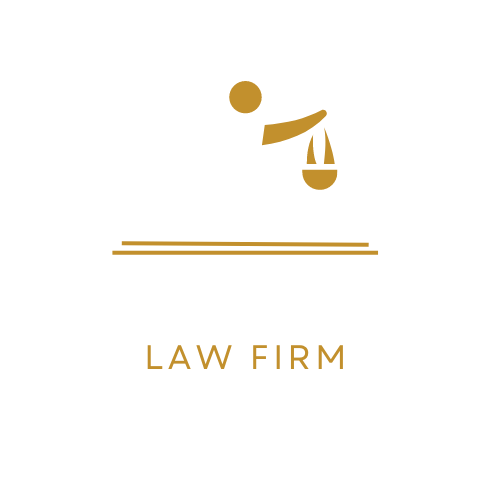Cost of mediation depends on the complexity of your case; typically straightforward ones typically take four or six sessions for resolution.
At these sessions, both you and your spouse discuss your respective goals and needs for court intervention, including what action are desired from it and why this action should take place.
Costs
As well as the basic mediation fee, additional third-party costs such as real estate appraisals or QDRO experts could arise as necessary and unavoidable expenses.
Opportunity costs also exist, including lost work time due to attending sessions or loss of income resulting from attendance at sessions. These costs can quickly add up and may not be covered in your basic mediation fee.
Overall, mediation costs significantly less than traditional divorce proceedings due to reduced attorney billable hours and court fees associated with it. Mediation also tends to be less stressful for both parties involved which helps save costs by avoiding mistakes made during litigation proceedings that would cost much more in fees later. Furthermore, court-ordered payments of alimony or child support payments often don’t meet expectations while negotiated agreements tend to meet them more consistently – saving time and money over time.
Time
Family Law mediation may be less time- and money-intensive than hiring litigation attorneys to handle a traditional divorce case, yet still take longer to resolve your legal matter.
At sessions, you and your spouse will communicate through a neutral mediator to find mutually agreeable solutions to preserve relationships and avoid prolonged court battles.
At your initial session, your mediator will explain the mediation process and discuss your goals. After this initial meeting, three to eight one-and-a-half hour or two-hour sessions may follow; these meetings can either be individual sessions or joint meetings depending on what works for you.
If you and your spouse cannot reach an agreement regarding custody and other issues, the courts may order mediation sessions between you. These can usually be found through state or county court systems and range from free or low cost sessions up to sliding scale fees depending on income levels. If mediation is beyond your means, waiver requests may be made which will then be reviewed by a judge.
Experience
Family law disputes often involve high levels of emotion, making it hard for parties involved to communicate effectively and find a mutually satisfactory resolution. Mediation provides a more constructive, less adversarial approach for navigating complicated matters such as property division and child custody arrangements.
Mediation services assist disputing parties in reaching mutually agreeable outcomes through joint sessions that focus on identifying issues, negotiations and mediation-specific strategies. They may also assist parties with creating agreements. Occasionally the final contract must be approved by a family court judge.
Family law mediators offer families an effective solution that reduces cost and stress while increasing the chance of a positive resolution. Family law mediators have been trained to assist families with complex matters including equitable distribution, child custody/visitation rights issues, domestic violence issues, significant power imbalances or any sensitive matters that need attention from an impartial third party. Typically the most qualified and experienced mediators have been on court-approved lists for an extended period.
Fees
Many private mediators charge a fee for their services. Some offer flat rate packages including an agreed upon number of hours or sessions; others charge by the hour. Couples may be required to submit financial paperwork or complete a property inventory prior to beginning mediation sessions.
Mediation costs may be much less expensive than litigation. Litigation often incurs legal fees and court costs as well as expert witness fees that are far more time-consuming and emotionally draining.
To reduce the costs of mediation, some couples opt for an agreement that includes payment of their mediator as part of their final divorce settlement agreement. Others use marital assets like home sales to cover those fees; some mediators even have open-door policies and accept partial payments depending on a couple’s ability to afford it.

